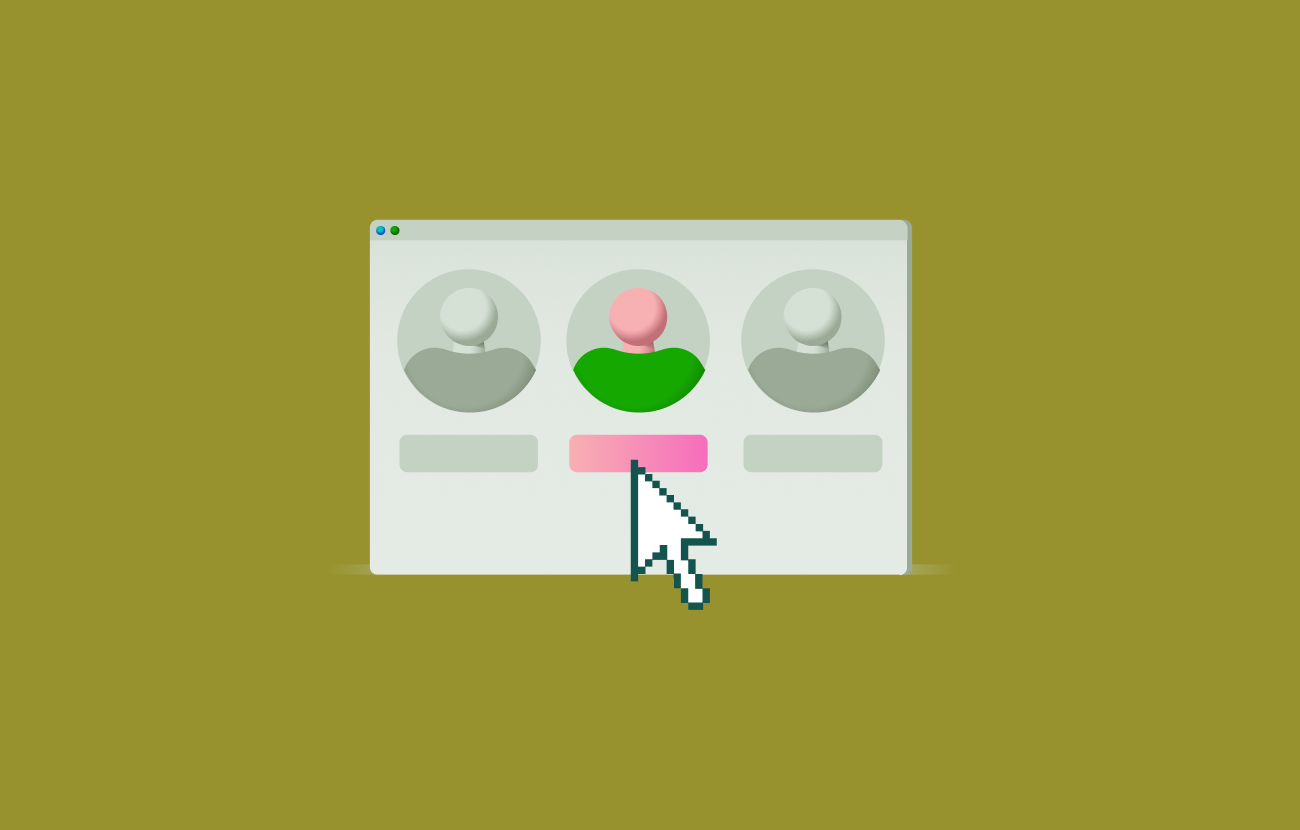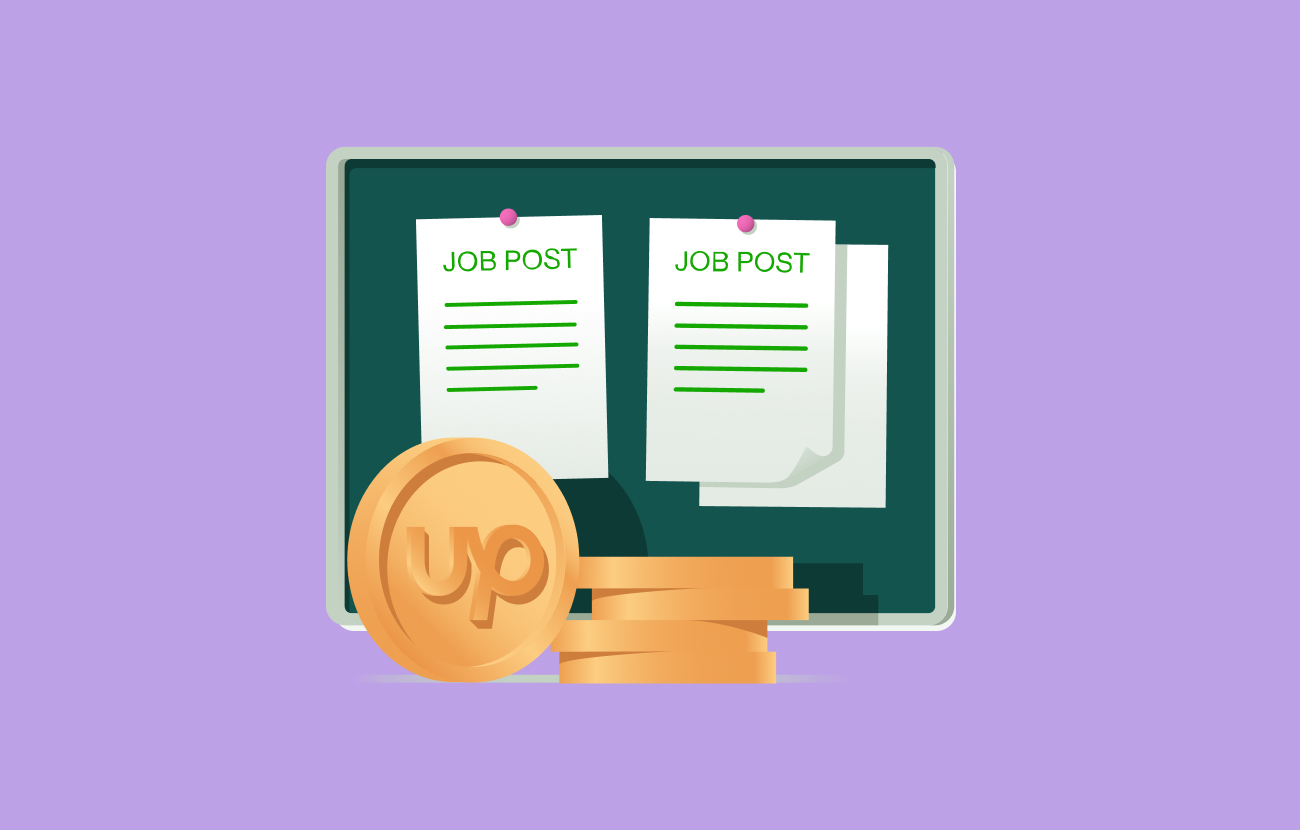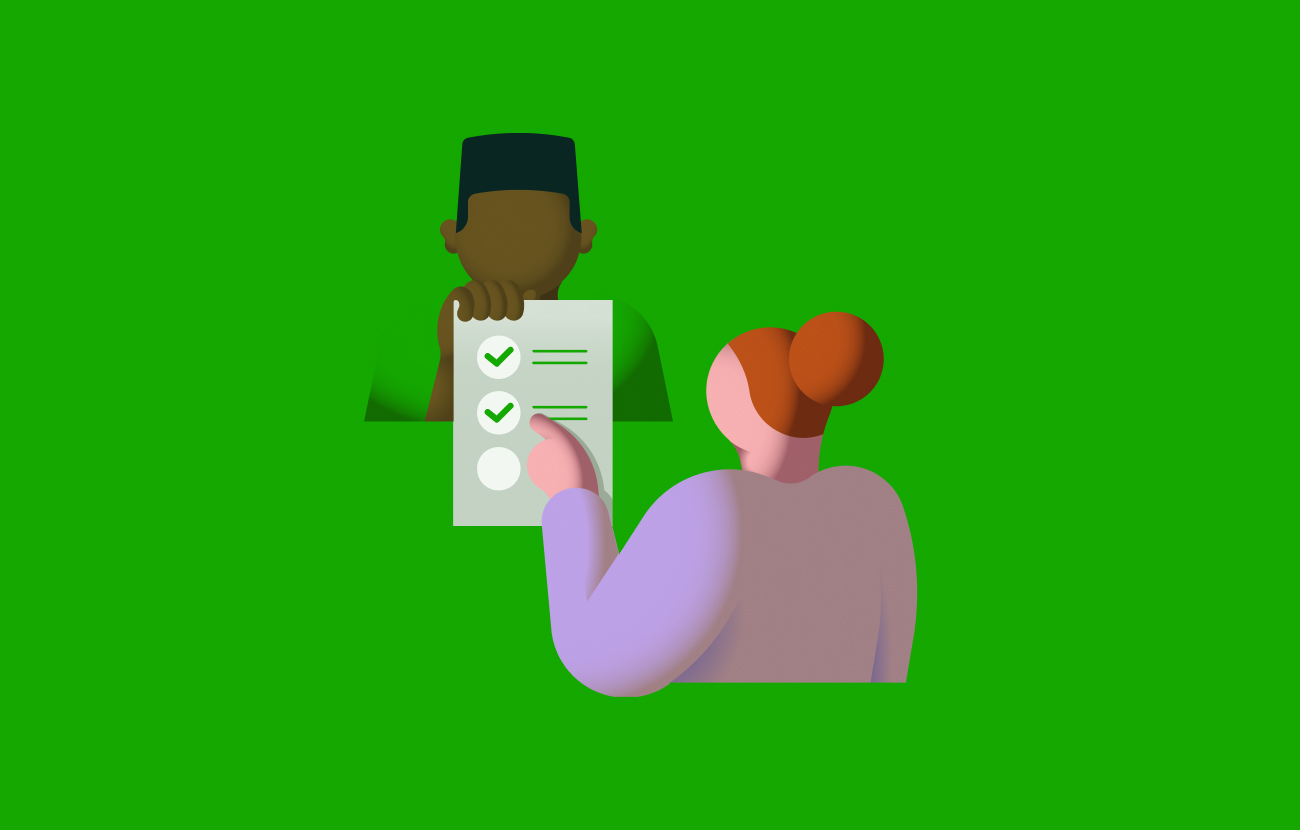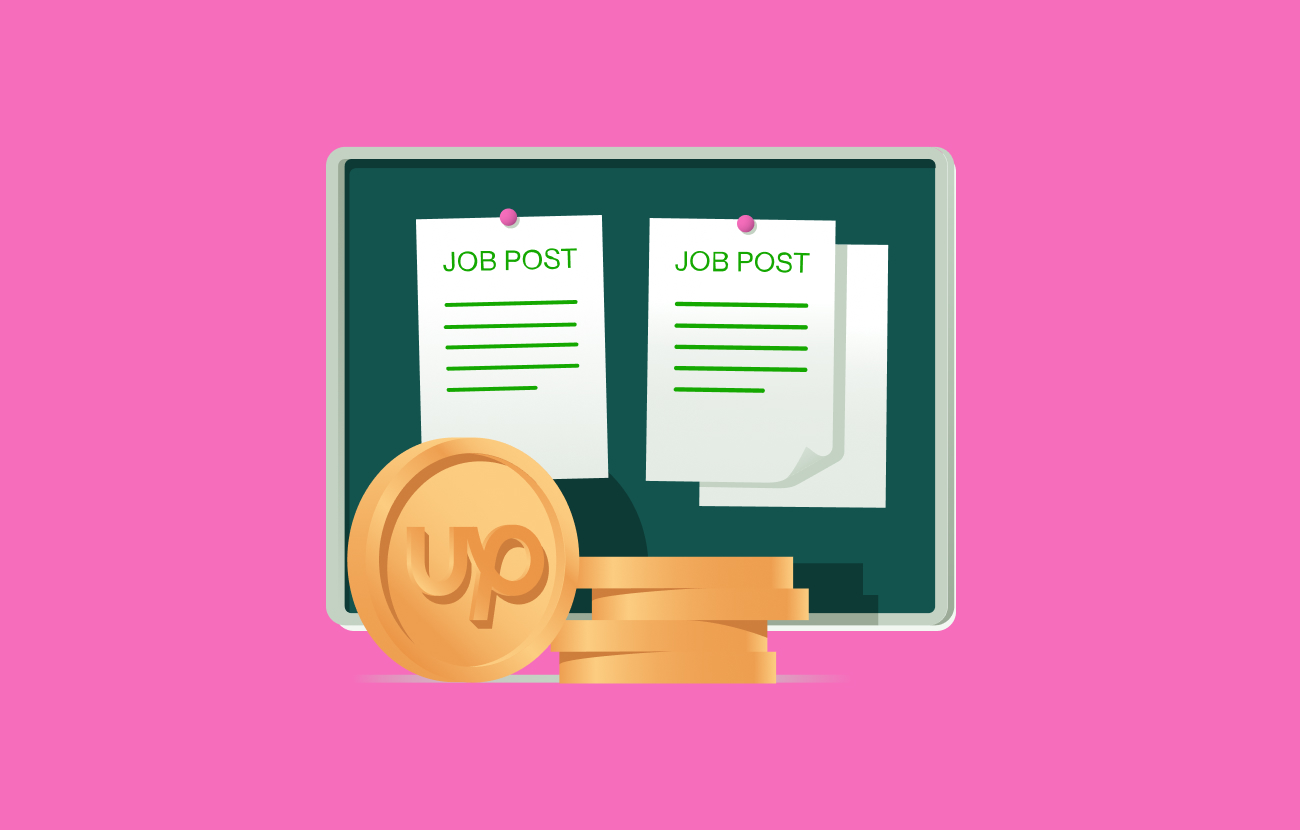Upwork Dispute Process Demystified
Use this quick guide to understand how the process works, what each step means, and how it’s designed to help clients and freelancers reach a fair resolution.

Disputes can be stressful. Worse, some people who’ve gone through the process felt it was confusing or even unfair. That’s why we created this quick guide: to explain how the process works, what each step means, and how it’s designed to help both sides reach a fair resolution.
With a clearer view, you’ll know what to expect, what you can do, and how to move forward with more assurance.
Got a project to dispute? Jump ahead by clicking the contract type: fixed-price or hourly.
How decisions are made
Upwork's goal is to be fair and impartial. That means relying on documentation, not opinions. In accordance with the Terms of Agreement, we look for a clear link between what was agreed, what was delivered, and when actions happened.
What is reviewed
- Scope of work and expectations
- Dates, proof of delivery, and messages exchanged
- For hourly work: use of the Work Diary
What isn’t reviewed
- Subjective feedback about work quality or quantity
- Creative disagreements not backed by documented scope
Who decides and when
- Fixed-price contracts. Upwork's disputes team first provides a nonbinding recommendation. If either party still disagrees, they can choose to move to binding arbitration, handled by a neutral third party.
- Hourly contracts. Upwork reviews Work Diary compliance and issues a final decision on that week’s invoice.
Keeping the process fair
Our dispute process is intentionally designed to remove bias in the following ways:
- Dispute specialists are separate from sales or support
- Recommendations are based on documented evidence, not opinions
- Arbitration (if used) is run independently
- Clear rules and timelines are applied consistently
The disputes team doesn’t judge whether a project went well — only whether the contract terms were followed or whether hours logged meet the requirements for Hourly Payment Protection.
Fixed-price contract disputes
With fixed-price projects, funds sit in a secure project funds account until the work is approved. If questions come up, there’s a clear process to make sure both sides are heard. Remember: Dispute team decisions on fixed-price disputes are recommendations and nonbinding.
For clients
If you’re not satisfied with the work
Don’t go silent. You can cancel the milestone or request a refund.
- If the freelancer doesn’t respond within seven days, funds go back to you
- If they dispute, the case is reviewed by Upwork’s disputes team
Funds already released?
You can still request help from a dispute specialist — as long as it’s within 30 days of payment.
Evidence that helps
The more detail you can provide, the easier it is for the disputes team to review. Helpful evidence includes:
- The criteria you set for deliverables
- Records of requested changes, with dates
- Specific examples of work that wasn’t delivered or didn’t meet the scope
- A copy of the agreed milestone or project scope
- Delivery timestamps or file history
- Timestamped and annotated screenshots
For freelancers
If you’ve delivered work and the client goes silent
- Contact customer support to request release of funds
- If the client doesn’t respond within 14 days, funds are released to you
- If the client disputes the release, a dispute specialist will step in
If a client ends a contract without paying for completed milestones
- You have seven days to file a dispute before funds go back to the client
- If the client doesn’t respond in five days, the funds go to you
- If they respond and disagree, a disputes specialist will review and offer a recommendation — typically within two business days
Evidence that helps
Sharing detailed records helps the disputes team understand what was agreed to and what you delivered. Useful evidence can include:
- Records of client requests or change notes, with dates
- Examples of the work you submitted
- The agreed milestone or project scope
- Annotated screenshots to provide context
- Timestamped files or links you provided
- Version history, acceptance notes, or clarifying messages
- Proof of handoff and the date you requested release of funds
What if you’re still stuck? Arbitration is an option
When you can’t reach a mutual agreement with the other party, arbitration offers a clear, enforceable resolution.
How it works:
- Either party can request arbitration within seven days of the notice of nonresolution
- The contract must have had project funds at some point
- The arbitration fee is usually split evenly between the client and freelancer
- If only one side pays, and there are no funds in escrow, they can cover both fees to proceed. If there are funds in escrow, and only one side pays, then funds are automatically released to the paying party.
- The process typically wraps in about 30 days, and the decision is binding
- If neither pays
- The funds being held for the project are returned to the client and the case is closed
- If the dispute is over already released funds, no reversal or recovery occurs and the case is closed
Hourly contract disputes
For hourly projects, disputes focus on whether the time logged in the Work Diary meets Upwork’s Hourly Payment Protection rules. Once the disputes team makes a decision, it’s final.
For clients
- You can dispute hours from the prior week’s invoice, but only until Friday 11:59 PM UTC (Note: deadlines are in UTC, not your local time)
- Point out specific minutes or blocks of time that don’t align with the agreed work
- After you submit a dispute, the disputes team reviews the freelancer’s Work Diary for compliance
- Keep in mind: Time entered manually and contracts paid through Upwork Payroll are not covered by Hourly Payment Protection
Evidence that helps
The more precise your evidence, the easier it is to review. Helpful examples include:
- Specific time blocks that don’t match the agreed work or instructions
- The day and time of each block in question
For freelancers
If a client disputes your hours, Upwork’s team reviews your Work Diary. Their decision is final.
Please note: Hourly Payment Protection has a lifetime cap of $2,500 per client or 50 hours at your average rate, whichever is lower.
Evidence that helps
To support your case, make sure your Work Diary shows:
- Clear memos describing the work
- Relevant screenshots tied to the tasks — add notes to help disputes specialist understand context
- Steady activity levels
- Alignment with the agreed contract scope and weekly hours limit
- Supporting records such as emails or messages
Resources
Disagreements happen, but when you can’t resolve them on your own, they don’t have to derail your project or relationship. Upwork’s dispute process exists to protect both freelancers and clients by offering a fair, documented path forward.
Need help right now? Contact Upwork Support to get started.
Additional resources:
Hourly vs. fixed-price projects
How Upwork protects your payments
Get a refund of deposited funds
Dispute non-release of a milestone payment
Dispute an agency or freelancer’s hours
Terms of Service:
Fixed Price Service Contract Escrow Instructions
Hourly, Bonus, and Expense Payment Agreement with Escrow Instructions






.png)
.png)
.png)
.png)
.png)



.svg)
.svg)





















